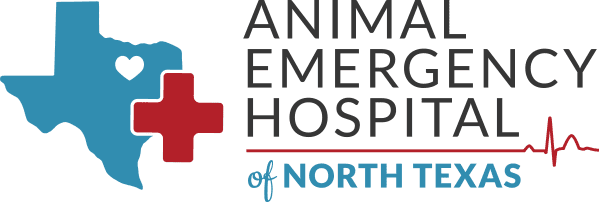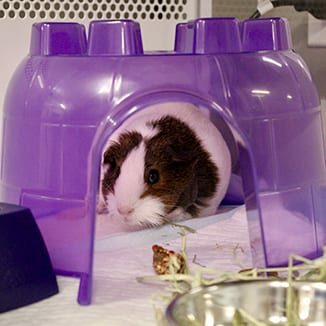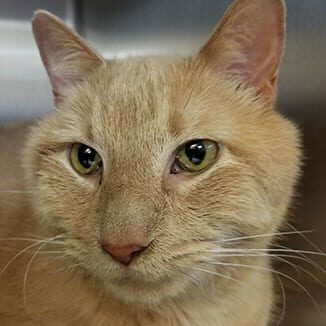If you think your pet is having an emergency,
please call us right away.
Frequently Asked Questions
We are open 24:7, 365 days a year, including weekends and all holidays. We never close.
We see dogs, cats, birds, chickens, ferrets, rabbits, reptiles, most exotic pets and wildlife. We will assist with lost or injured pets at any time (See below).
We accept injured wildlife at any time (See below).
We are not equipped to treat monkeys or hoofstock of any kind.
If you think your pet is having an emergency, you are probably right. Pets can’t tell us what’s wrong and sometimes its just plain hard to tell. Call us and our caring technicians will try to advise you over the phone. You can also read over this list of common emergencies that require immediate care.
Our exam fee is $170 and includes a physical exam and consultation with one of our licensed veterinarians. Once we have assessed your pet, an estimate will be provided for any diagnostics or treatments that are recommended. We offer CareCredit as a payment option.
The holiday fee is $195.
- Medical records you have pertaining to your pet
- All medications your pet takes regularly
- If your pet is on insulin, bring the insulin and insulin syringes you use
- Small quantity of food if your pet is on a prescription or specialized diet
- Please note, it is hospital policy not to feed raw diets to hospitalized pets
- The packaging of anything your pet may have ingested (if available)
- Name/Hospital name of your pet’s primary care veterinarian
- A leash or carrier for getting your pet into the hospital
While not all of our specialists are available 24 hours a day, our emergency team is always ready to stabilize your pet and help determine what is needed next. We work closely with all of the specialists within the Veterinary Specialty Center (internal medicine, cardiology, surgery, ophthalmology, dermatology, avian/exotics, dentistry and rehabilitation). Part of our job is to help facilitate consultations or transfers between the specialists that your pet needs. We also work closely with your primary care veterinarian to keep them apprised of what is happening with your pet so they can resume care when it is most appropriate.
Do not wait to seek emergency care if you suspect your pet may have ingested something toxic or dangerous, even if you do not see obvious symptoms. Sometimes symptoms may be delayed for hours or days after the incident. Please call us for guidance. In some cases, even we need to consult the experts. We use and recommend the ASPCA Animal Poison Control Center. They charge a fee for their services, but the information their toxicologists provide can be life-saving. In some cases, they can help you avoid a trip to the ER.
- Is it a dog, cat or other pet?
- We can scan for a microchip, try to locate owners and treat any injuries that are found. Please call us or bring the pet here.
- Is it an injured wild animal?
- Please bring it here if you can safely catch and transport the animal to us so it can receive care.
- If you cannot catch or transport it, please contact animal services for your city
- Is it a juvenile or orphaned wild animal?
- Call for advice. In some cases, it is best to leave the animal where it is as there may be a parent caring for it that is out of sight. This is common with baby bunnies and fledgling birds that are starting to leave the nest. In other cases, it may need to be cared for until it can be transported to a licensed rehabilitator. We can help!


